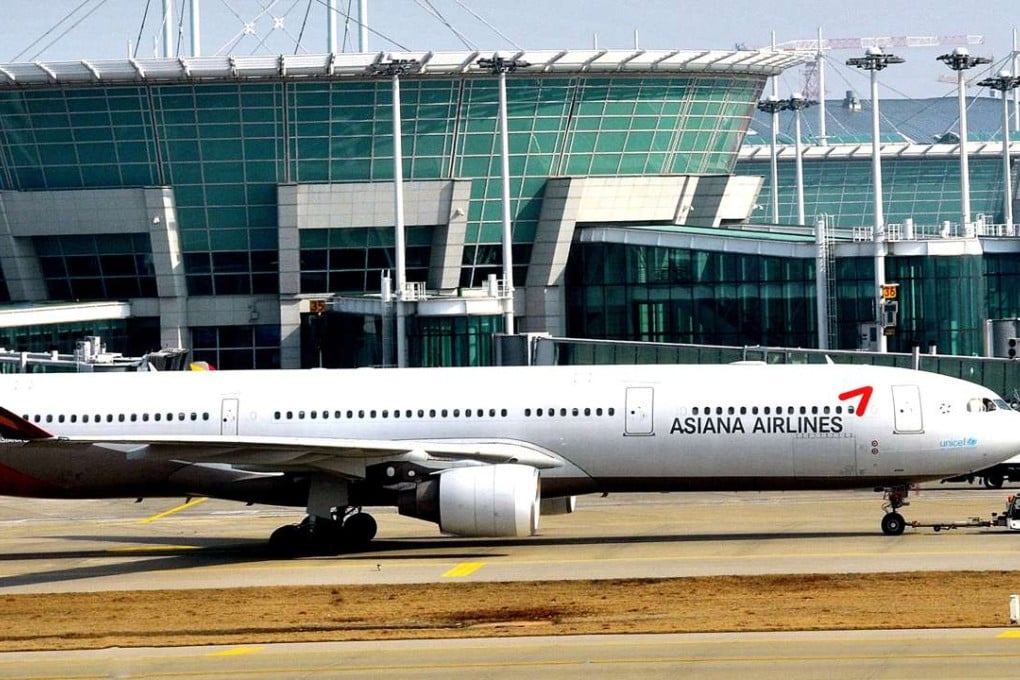China rejects applications for chartered flights from South Korea
No reason is given, but decision is thought to be linked to Beijing’s displeasure over Seoul’s planned deployment of US anti-missile defence system

The Chinese government has disapproved applications for chartered flights departing from Korea, domestic airlines and the Ministry of Land, Infrastructure and Transport confirmed on Sunday.
Chinese aviation authorities rejected eight flights of Asiana Airlines, Jeju Air and Jin Air last week to destinations on the mainland for January. Chartered flights are serviced when there are surplus demands, such as during China’s national holidays. Lunar New Year, a major holiday in China, is coming at the end of this month.
It is unprecedented for a whole group of flights of various carriers and routes to be disapproved
“There have been cases in which flights of a certain carrier or route were rejected for safety reasons, but it is unprecedented for a whole group of flights of various carriers and routes to be disapproved,” said Kim Jung-hee, director of international air transport at the ministry.
In addition, it appears Chinese carriers may also withdraw applications for charted flights to Korea.
“China Southern Airlines and China Eastern Air told us to hold their applications following their government’s disapproval of charted flights from Korea,” Kim said. “Although we have yet to hear from them, it seems likely they will withdraw their applications in line with the Chinese government’s rejections.”
Chinese authorities did not specify the reason behind the disapproval. There is speculation that the measures could be retaliation for Korea’s decision last year to deploy the Terminal High Altitude Area Defence system (THAAD) to shield Pyongyang’s military threats. China is opposed to the US anti-missile defence system in Korea, claiming it will destroy the regional security balance.